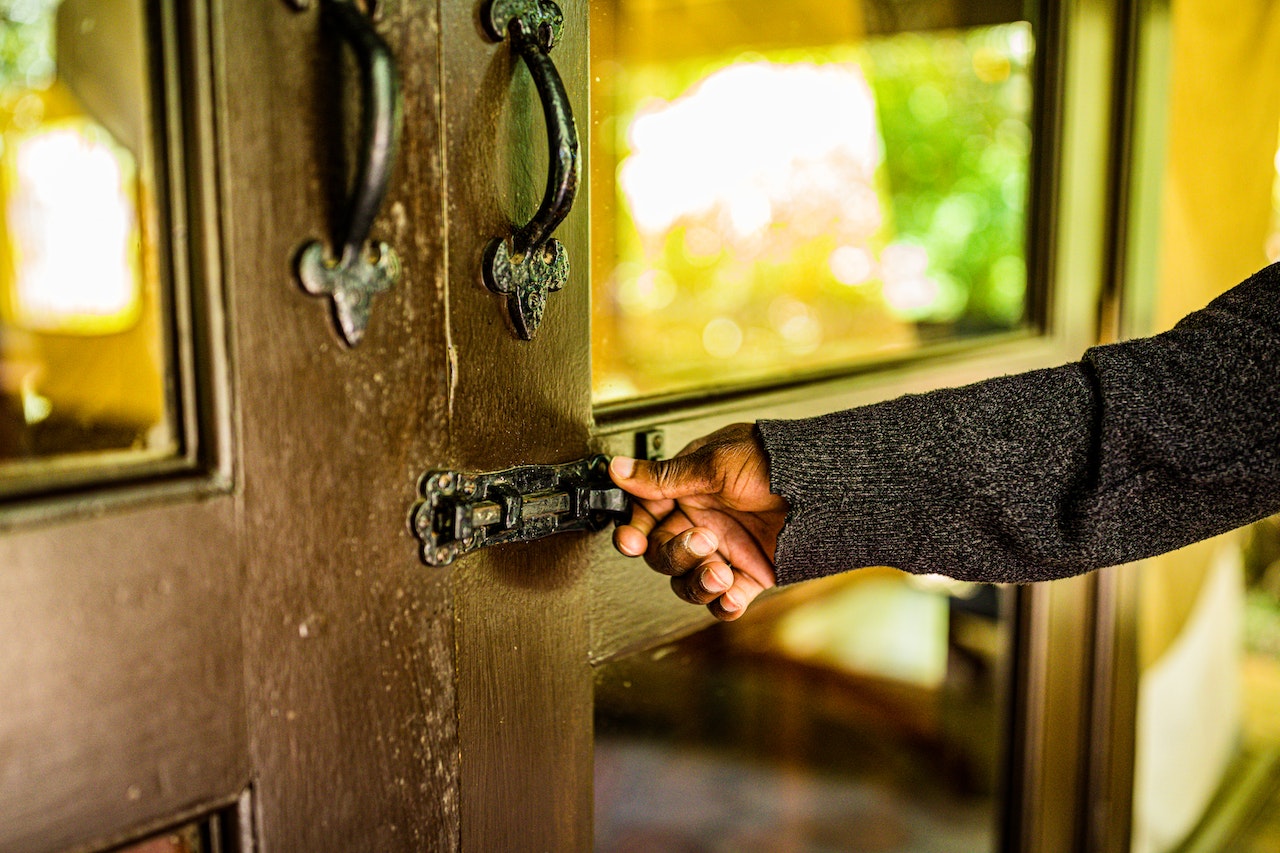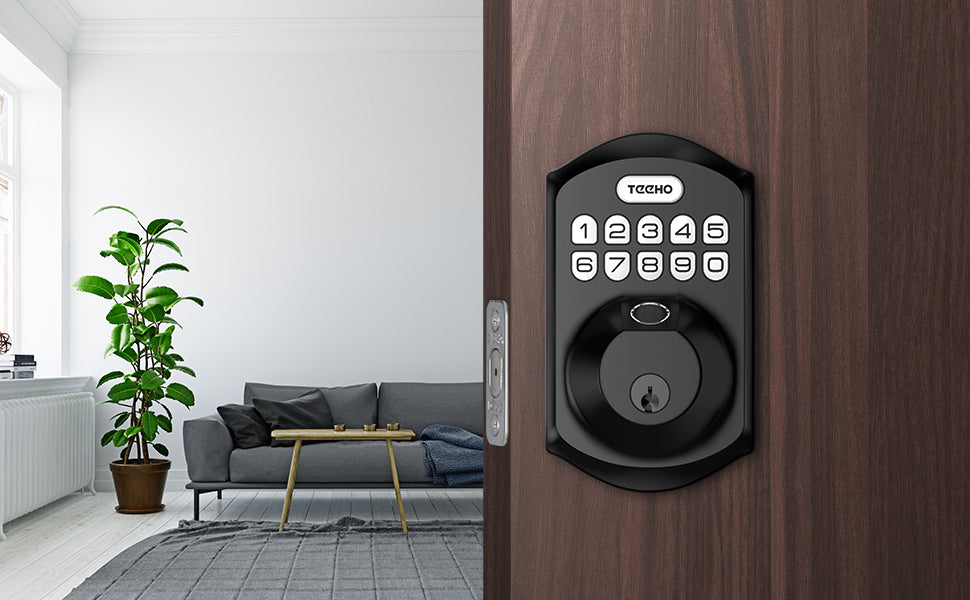In today's fast-paced world, security is a major concern for everyone. Whether it's securing our homes or offices, we are always on the lookout for better and more efficient ways to protect our personal belongings.
As technology continues to advance, so do the methods we use to protect our homes and businesses. Fingerprint door locks are one of the latest innovations in security technology, offering a convenient and secure alternative to traditional locks. But with concerns about hacking and biometric data theft, many people are wondering whether these devices are really secure.
So, are fingerprint door locks secure? The answer is not a simple yes or no. While they do offer some distinct advantages over traditional locks, there are also potential vulnerabilities that need to be considered. In this blog, we'll explore the technology behind fingerprint door locks, the potential risks, and how to ensure that your fingerprint lock is as secure as possible.
How Do Fingerprint Door Locks Work?
Fingerprint door locks use biometric technology to identify individuals and grant access to a space. When you place your finger on the lock's sensor, it reads the unique pattern of your fingerprint and compares it to a stored template. If the two patterns match, the lock will release and allow you to enter.
One of the biggest advantages of fingerprint door locks is their convenience. You don't need to carry around a key or remember a password - your fingerprint is always with you. This can also be useful in situations where you need to grant access to multiple people, as you can program the lock to recognize multiple fingerprints.
The Risks of Fingerprint Door Locks
While fingerprint door locks offer many advantages, there are also potential risks to consider. One of the main concerns is the possibility of the lock being hacked or spoofed. Just like any other electronic device, fingerprint door locks can be vulnerable to hacking attempts. If a hacker is able to access the lock's biometric data, they could potentially create a fake fingerprint to gain access.
There is also the risk of biometric data theft. Because your fingerprint is unique to you, it's considered a valuable piece of personal information. If a hacker is able to steal your biometric data from a compromised lock, they could potentially use it for identity theft or other malicious purposes.
Ensuring the Security of Your Fingerprint Door Lock
While there are potential risks to using a fingerprint door lock, there are also steps you can take to ensure that your lock is as secure as possible. Here are a few things to keep in mind:
1. Choose a reputable brand: When choosing a fingerprint door lock, opt for a well-known brand that has a good reputation for security, go with Teeho.
2. Keep your software up to date: Make sure to install any updates or patches that are released for your lock's software. These updates often include security fixes that can help protect against hacking attempts.
3. Use additional security measures: Consider pairing your fingerprint door lock with other security measures, such as a camera or alarm system. This can provide an additional layer of protection and help deter potential intruders.
4. Be cautious with your biometric data: Treat your biometric data like any other sensitive personal information. Don't share it with others or store it in an insecure location.
👉Looking for a reliable and trustworthy supplier of high-quality fingerprint door locks? Look no further than Teeho! With a wide selection of fingerprint door locks from top brands, we have everything you need to ensure the security of your home or office. Our competitive prices and excellent customer service make us the go-to choice for consumers who demand the best. Shop now at Teeho and experience the peace of mind that comes with knowing your property is secure!




Leave a comment
This site is protected by hCaptcha and the hCaptcha Privacy Policy and Terms of Service apply.